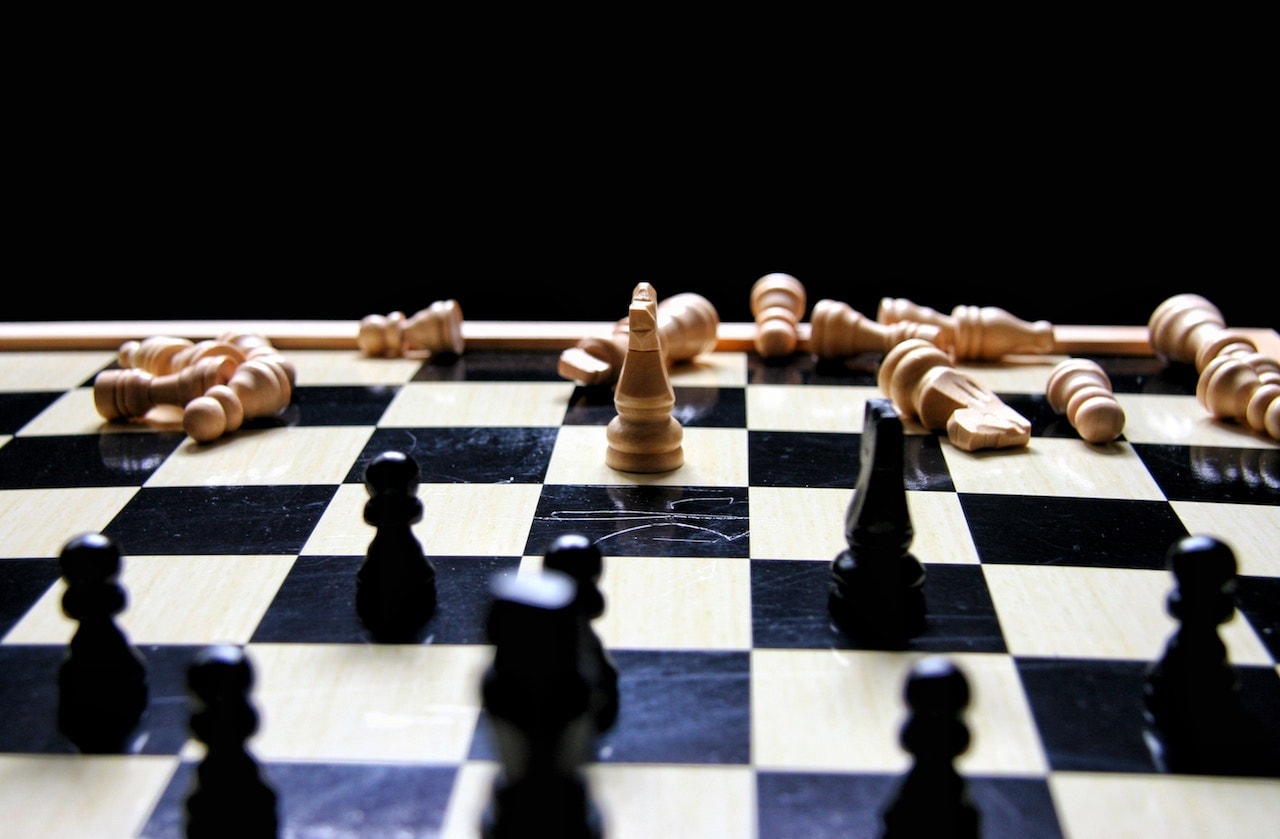Table of Contents
 The more competitive, the more passionate in romantic relationships, study finds.
The more competitive, the more passionate in romantic relationships, study finds.
Modern human societies seem drastically different than ancient, tribal ones—but despite our technologies and physical evolution, some things are exactly the same. One major constant: competition for partners leads to more passion in romantic relationships. This conclusion was just supported by a Japanese study comparing American and Japanese relationships.
The study, which was conducted at Hokkaido University, found that Americans are more passionate toward their mates than Japanese people are because Americans exist in social environments where people have greater freedom to choose and trade out their partners. There’s not the same social stigma in America as in Japan around breaking up relationships.
Even though monogamy is prevalent in modern times, long-term pairs must face the problem of commitment. Do you stay with your current partner or cut and run for someone younger/stronger/richer/more attractive? The Japanese research team guessed that Americans—who live in a society with high relational mobility—are constantly faced with the risk and anxiety of getting cheated on or losing their partner to someone else.
They also assumed that passion creates a strategic behaviour to give attention and affection to their partner, while pre-emptively disregarding potential partners to reassure that partner.
Relationship structures are different in Japan
But in Japan, where relationships tend to be more stable and hard to change—low relational mobility—people have less anxiety around being cheated on or left, making the passionate behaviour less necessary.
The Hokkaido University researchers gathered information from 154 heterosexual Americans (78 men and 76 women) and 103 heterosexual Japanese people (65 men and 38 women) through online crowdsourcing marketplaces. The respondents answered questions created to gauge their views on the level of romantic relational mobility of people around them and the strength of passion they felt toward their current partner. They were also asked how likely they’d be to practice different commitment behaviours when starting a relationship with a specific mate.
The results of the study
And the results of the study were clear: Americans are more passionate toward their mates than Japanese people are, due to the relational mobility of their respective societies. The study also found that the more passionate someone was, the more likely they were to give affection only to their partner while voluntarily abandoning relationships with other members of the opposite sex.
Conclusion
In essence, this study reaffirmed old human adaptive behaviours. Finding and keeping a good mating partner is a crucial adaptive issue. Modern humans are living beyond age 35 and acquiring wealth and technology unthinkable in the ancient world, but our basic need to form a stable pair bond—to see and be seen—hasn’t changed.
Do you need relationship help?
If you need relationship help, contact Clinton Power + Associates for a FREE 15-minute phone inquiry call to discuss your situation and find out how we can help. Call us now on 0412 241 410 or book your free phone inquiry online.
Clinton Power is a relationship counsellor and Gestalt therapist. Since 2003 he has helped individuals and couples move out of relationship pain and create great relationships. Get Clinton’s FREE report: 10 Tips for Moving Out of Relationship Pain, by clicking the button below.
FREE Instant Download
Since 2003, Clinton Power has helped thousands of couples and individuals as a counsellor and psychotherapist in private practice in Sydney and online in Australia. Clinton regularly comments in the media on issues of relationships and has appeared on Channel 7, The Sydney Morning Herald, and ABC Radio. Clinton’s eBook, 31 Days to Build a Better Relationship is available through his website or Amazon. Click here to take Clinton’s relationship checkup quiz to find out how well you know your partner.
